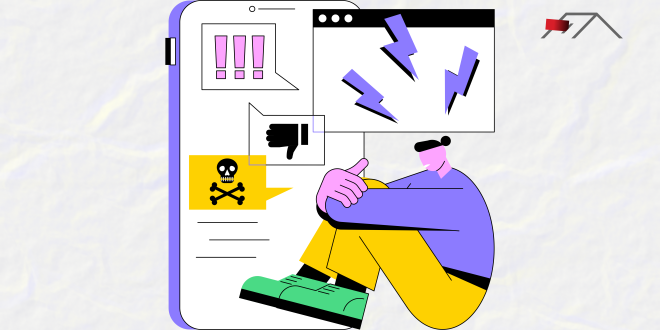The use of artificial intelligence (AI) in elections has emerged since the case of personal data exploitation in the 2016 United States election. At that time, Cambridge Analytica, a technology consulting company from England, provided consulting services to one of the presidential candidates in the United States election. Cambridge Analytica provided analysis of voter political behavior data sold by the social media company Facebook. Since then, there have been efforts to regulate the use of AI in politics and elections in order to prevent the exploitation of AI for electoral political purposes.
In the Indonesian context, there are three institutions that can regulate the governance of the use of AI in elections, namely the Ministry of Communication and Information (Kominfo), the General Election Commission (KPU), and the General Election Supervisory Body (Bawaslu). Kominfo issued a Kominfo Circular regarding Ethical Guidelines for the Use of Artificial Intelligence, or AI. The KPU has also ratified KPU Regulations (PKPU) No. 15 and No. 20 of 2023 concerning general election campaigns. Meanwhile, Bawaslu supervises the campaign process.
However, existing regulations are not enough to prevent the exploitation of the use of AI in elections because they do not specifically regulate the use of AI in elections. Indonesia does have an Information and Electronic Transactions (ITE) Law, which contains criminal sanctions for parties who produce and spread disinformation content and hate speech, but there are no specific norms governing the use of AI in elections.
“So, if content created with AI contains disinformation and hate speech, it can be prosecuted under the ITE Law. This can be done to curb the rate of disinformation content created with AI.” However, the existing norms are still very ambiguous, not specifically regulating the use of AI in elections,” explained Center for Digital Society (CfDS) research assistant, Alifian Arrazi, in the online discussion “AI at the Polls: Unpacking AI’s Utilization and Regulation on Indonesian Elections” (26/2).
The Kominfo Circular regarding artificial intelligence ethics is also still a challenge. Although this circular provides guidance on the use of AI in Indonesia, it also does not regulate the use of AI in elections.
Likewise with the PKPU election campaign. The regulations do not contain norms regarding the practice of using AI in elections.
To regulate the use of AI in elections, Alifian suggested two things. First, the specifications for the use of AI in elections are regulated, as are transparency and accountability for the use of AI by election participants, including the obligation to provide information on content produced by AI. Second, increasing collaboration between election management institutions and institutions that handle AI.
“It is important to have a mechanism to identify AI-generated content. In China, for example, there is a regulation that says AI product content can be marked as AI-based content. “Discussion of AI in elections should not be carried out individually within institutions, but there must be collaboration,” concluded Alifian. []
 Rumah Pemilu Indonesia Election Portal
Rumah Pemilu Indonesia Election Portal




